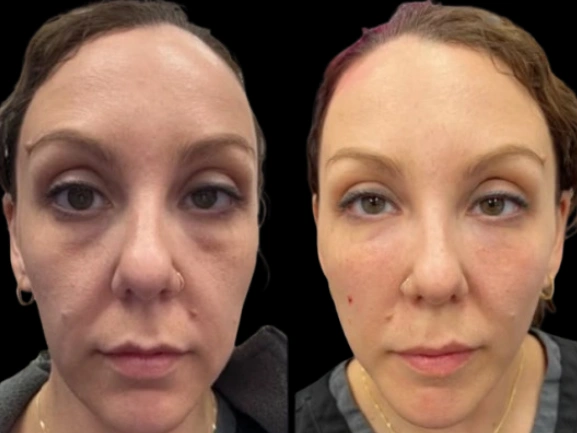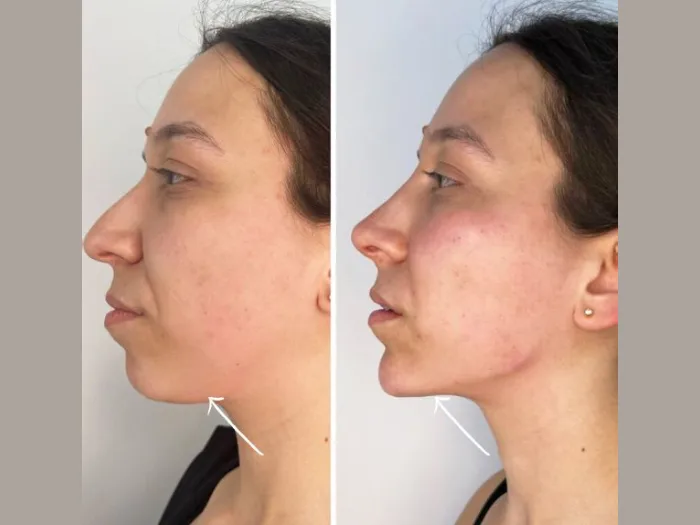Recovery from bipolar disorder is not about eliminating the condition — it’s about learning to manage symptoms, prevent relapses, and lead a fulfilling life. A bipolar disorder clinic plays a central role in this process by offering structured, specialized, and compassionate care designed to support every stage of recovery.
Providing Accurate and Early Diagnosis
Many people struggle for years without a correct diagnosis, often receiving treatment for depression alone. A bipolar disorder clinic uses in-depth evaluations to identify the specific type of bipolar disorder a patient has, ensuring that the treatment plan is both targeted and effective. Early and accurate diagnosis can significantly improve long-term outcomes.
Creating a Personalized Plan
No two people experience bipolar disorder the same way. At a bipolar disorder clinic, treatment is customized to your condition, lifestyle, and preferences. Plans often include a combination of medication to stabilize mood and therapy to help you develop coping strategies.
Ongoing Therapy and Skill Building
Therapy is a core part of treatment, offering a safe space to explore challenges and build resilience. Patients learn to identify early warning signs, manage stress effectively, and establish healthy daily routines. These skills play a major role in preventing relapse.
Regular Check-Ins and Adjustments
Treatment doesn’t stop after the initial plan is created. Clinics provide regular follow-up appointments to monitor progress and make necessary adjustments. This ensures that your treatment remains effective as your condition evolves.
Offering Tailored Treatment Plans
Every individual’s experience with bipolar disorder is different. Clinics provide personalized treatment plans that may combine mood-stabilizing medications, psychotherapy, and lifestyle changes. These plans are adjusted over time to match the patient’s progress and changing needs, ensuring care remains effective and relevant.
Teaching Symptom Management Skills
One of the most important aspects of recovery is learning how to manage symptoms before they escalate. Clinics offer therapy sessions and workshops to help patients recognize early warning signs, manage stress, maintain healthy routines, and seek help promptly when needed.
The Journey of Healing at a Bipolar Disorder Clinic
Healing from bipolar disorder is not a quick process but a gradual journey of understanding, management, and personal growth. A bipolar disorder clinic provides a structured path that helps individuals navigate this journey with professional guidance and ongoing support.
Beginning with Understanding
The first step in healing is gaining a clear understanding of the condition. Clinics conduct in-depth assessments to identify the type of bipolar disorder and any related conditions. This helps in developing an accurate diagnosis, which is the foundation for effective treatment.
Developing a Tailored Treatment Plan
Once the diagnosis is clear, a personalized treatment plan is created. This plan often includes mood-stabilizing medication, therapy sessions, and lifestyle recommendations. The goal is to reduce the intensity of mood swings, prevent relapses, and improve overall quality of life.
Building Skills for Self-Management
Therapy sessions focus on teaching patients how to identify triggers, manage stress, and respond to early warning signs. Over time, these skills empower individuals to take an active role in their recovery and maintain emotional balance.
Creating a Supportive Environment
Healing is easier when patients feel supported. Clinics provide a safe, non-judgmental environment where individuals can openly discuss their challenges. Group therapy and peer support offer encouragement and a sense of belonging.
Committing to Long-Term Care
Bipolar disorder is a lifelong condition, so long-term care is essential. Clinics provide regular follow-ups, progress evaluations, and adjustments to treatment as needed. This ongoing relationship ensures that patients have the support they need at every stage of life.
Bipolar Disorder Clinic care is not just about managing symptoms — it’s about guiding patients toward a life of stability, purpose, and hope. Through professional expertise, personalized treatment, and continuous encouragement, these clinics make the journey of healing both possible and sustainable.
Providing Emotional Support and Encouragement
Recovery is not just about treatment — it’s also about having a strong support system. A bipolar disorder clinic fosters a caring environment where patients feel understood and valued. Group therapy sessions and peer support networks provide a sense of belonging, which can greatly boost motivation and resilience.
Teaching Symptom Management Skills
One of the most important aspects of recovery is learning how to manage symptoms before they escalate. Clinics offer therapy sessions and workshops to help patients recognize early warning signs, manage stress, maintain healthy routines, and seek help promptly when needed.
Ensuring Long-Term Stability
Bipolar disorder requires lifelong management, and clinics are equipped to provide ongoing care. Regular check-ins, therapy sessions, and medication reviews help patients maintain stability and prevent relapses. This proactive approach helps individuals stay on track even during challenging times.
Bipolar Disorder Clinic programs are designed to guide individuals through the complex process of recovery, offering medical expertise, emotional support, and practical tools for daily life. By addressing both the physical and emotional aspects of the condition, these clinics empower patients to take control of their mental health and work toward a stable, meaningful future.



